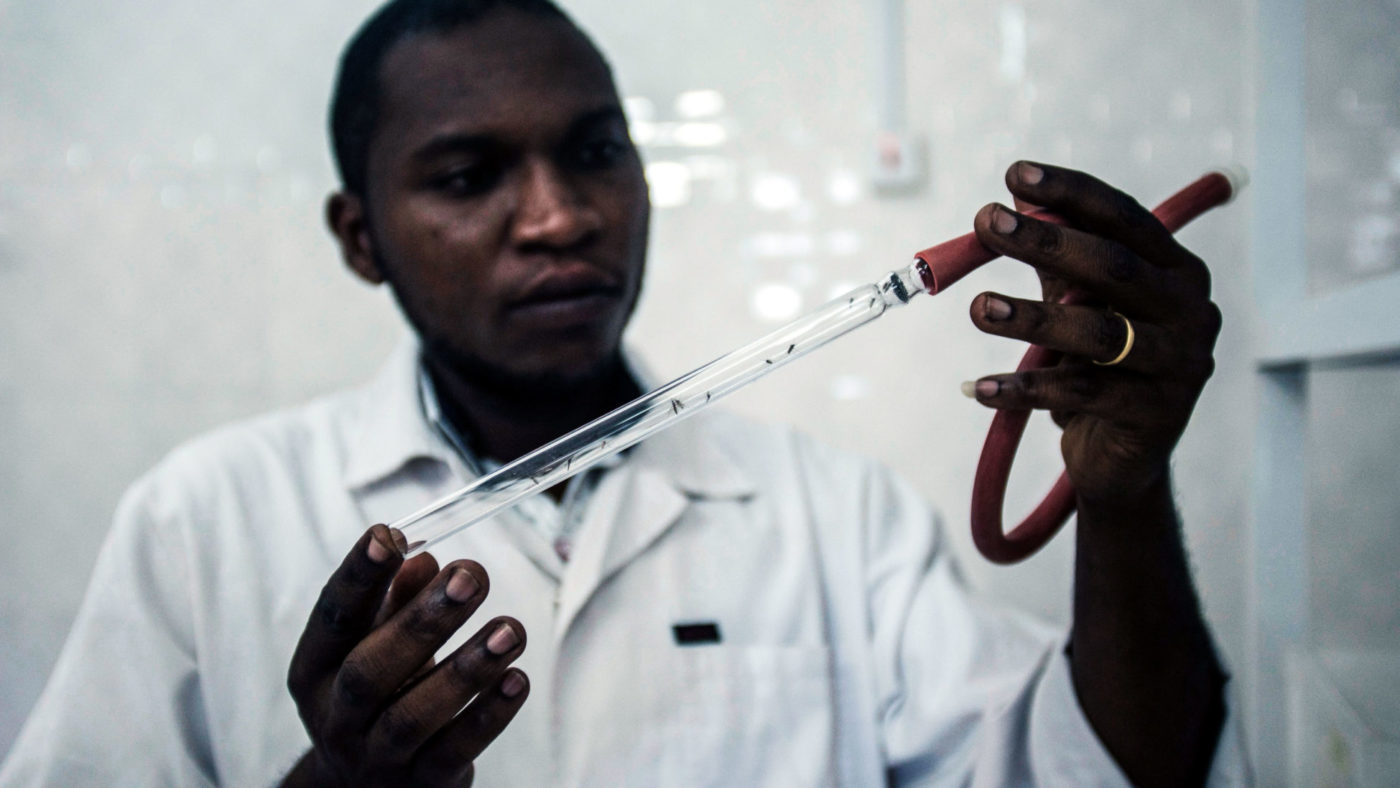The pronouncements on Brexit – both from the Government and commentators in the media – have been pretty downbeat of late. There has been focus on division and delay, confusion and complexity. Ministers sound sullen as they proceed with what many regard as a damage limitation exercise.
They talk of “implementing the decision of the British people”, of “respecting” the 17.4 million of us who voted to Leave. But there isn’t much sign of any joy in those ministerial hearts while doing so. This has increased suspicions of betrayal: That such is the pessimism about our prospects as an independent nation that the Government will capitulate to any terms the EU demands to avoid us being left out in the cold.
Very little has been said about what opportunities the Government wishes to take advantage of once the oppressive weight of European Union regulations is lifted. Yet the scope is enormous. For example, last week there were calls to scrap VAT on all school uniforms. Uniforms for pupils aged over 14 have VAT — as it is for younger children above the average size. Labour MPs queued up to denounce the injustice of this on the poor. What were the wicked Tories going to do about it? The Schools Minister Nick Gibb patiently explained they could do nothing at present as any relief from VAT would break EU law.
Of course the freedom to set our own tax rates is important. There is still the tampon tax — the EU requires 5 per cent VAT rate on sanitary products despite a supposed agreement in principle that some exemption might be allowed at some distant future date. A no deal Brexit would allow it to be scrapped as soon as we leave.
Some might still shrug that such matters are mundane. Very well. Let us consider another EU imposition. It is a rule that inhibits our contribution to the fight against malaria. According to UNICEF this disease is “the largest killer of children” on the planet. That agency estimates that malaria kills one child every 30 seconds, about a million a year. Most of those children are under five years of age, with 90 per cent of cases occurring in sub-Saharan Africa. Research suggests that while the number of deaths has fallen since 2010, in the last couple of years progress has stalled.
The good news is that a gene editing application has been developed which could eradicate malaria. It is called CRISPR — Clustered Regularly Interspaced Short Palindromic Repeats — and is considered “cheaper, faster, and less error-prone than any gene editing technology that came before it”. It could help preserve endangered species, improve welfare for farm animals — and save the lives of millions of children. The idea is to make mosquitoes immune to the disease.
The American website Vox reports on the pioneering work of Kevin Esvelt a biologist at the Massachusetts Institute of Technology:
“The team began with just two edited males, designated mosquitoes 10.1 and 10.2, into which the drive was inserted. After two generations of cross-breeding with hundreds of wild-type mosquitoes — and in mosquitoes, two generations can pass in less than a month — they produced 3,894 third-generation mosquitoes, of which 3,869 (99.5 percent) had the resistance gene. Just two mosquitoes were able to spread the trait to thousands of progeny — and malaria resistance along with it.”
What, you may be asking yourself, has all this got to do with Brexit?
In July, the BBC reported that the “European Court of Justice ruled that altering living things using the relatively new technique of genome editing counts as genetic engineering.” It added that “scientists who work in the areas of gene editing and genetic modification warned that the ruling would hold back cutting-edge research and innovation.”
Denis Murphy, professor of biotechnology at the University of South Wales, said the EU rules would “potentially impose highly onerous burdens on the use of genome editing both in agriculture and even in medicine, where the method has recently shown great promise for improving human health and well being.”
Owen Paterson, the Tory MP and former Environment Secretary, takes a positive view of life outside the EU, where technological progress “can flourish in the UK”, but crucially “not if we are under EU rules with Chequers”.
Of course, setting our own laws would not automatically mean allowing such work. Genetic modification is still a controversial area. Even if the anti-GM lobby triumphs in the UK, the technology would probably still progress thanks to the Americans and others. The anti-GM protesters would at least be able to comfort themselves that we hadn’t helped — a fine boast to make.
At least once we have left the EU, our world-class scientists will have the opportunity to make a contribution — should our elected representatives wish it. Brexiteers are often characterised as xenophobic and old fashioned — indifferent to the plight of the young and unconcerned about the world around us.
Yet the decision we took on the 23rd of June 2016 to restore our self government could prove to be help in a matter of life and death for children born in Uganda, Ghana and Burkina Faso.


